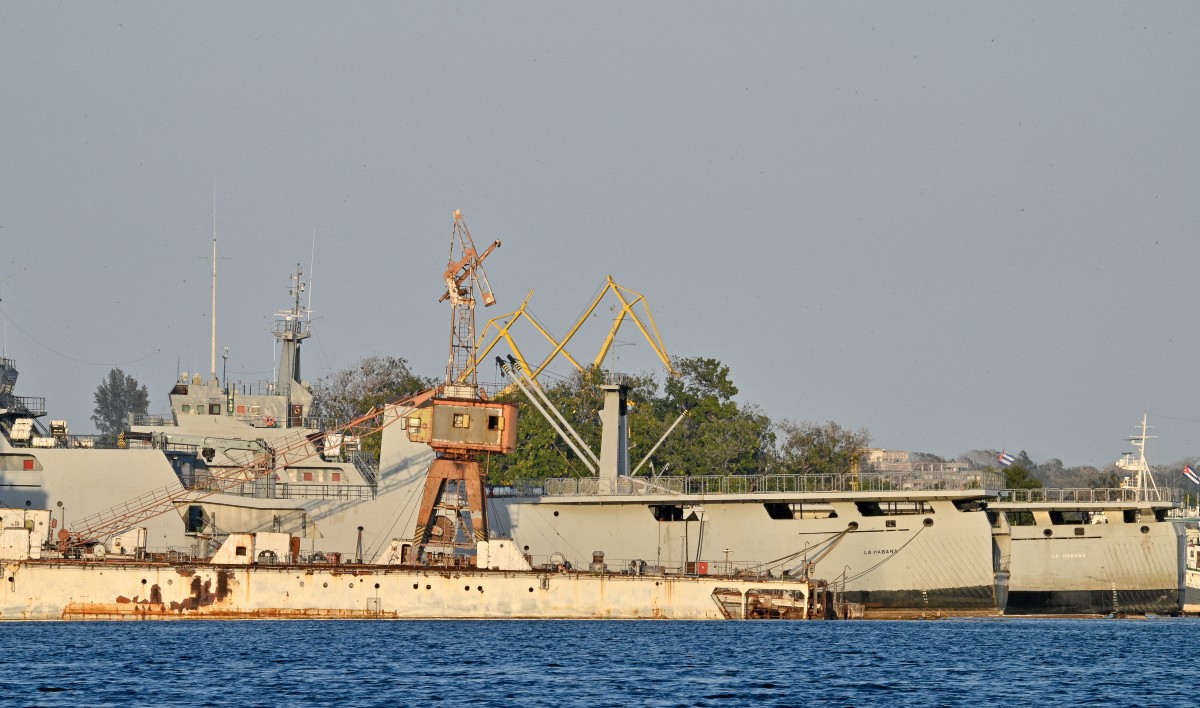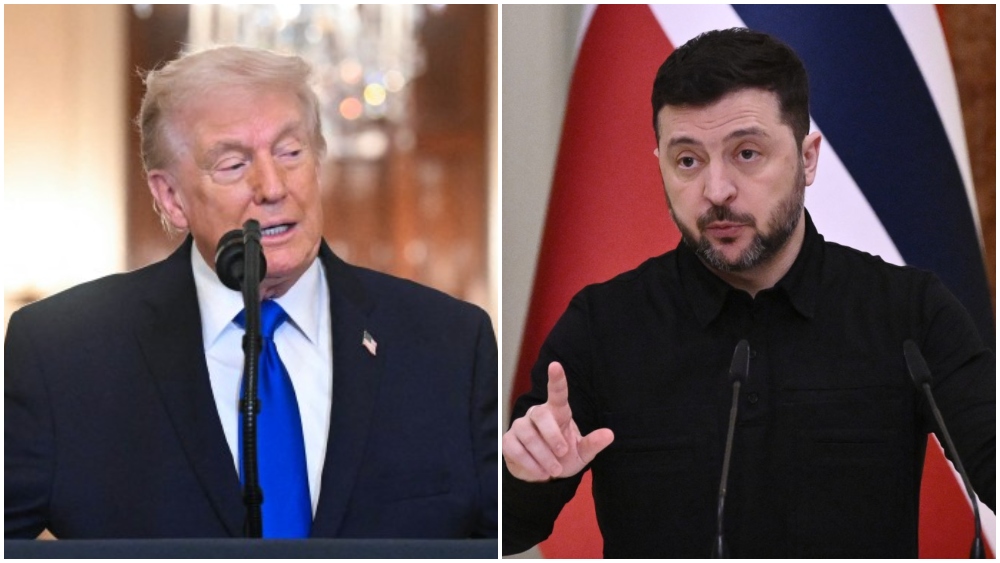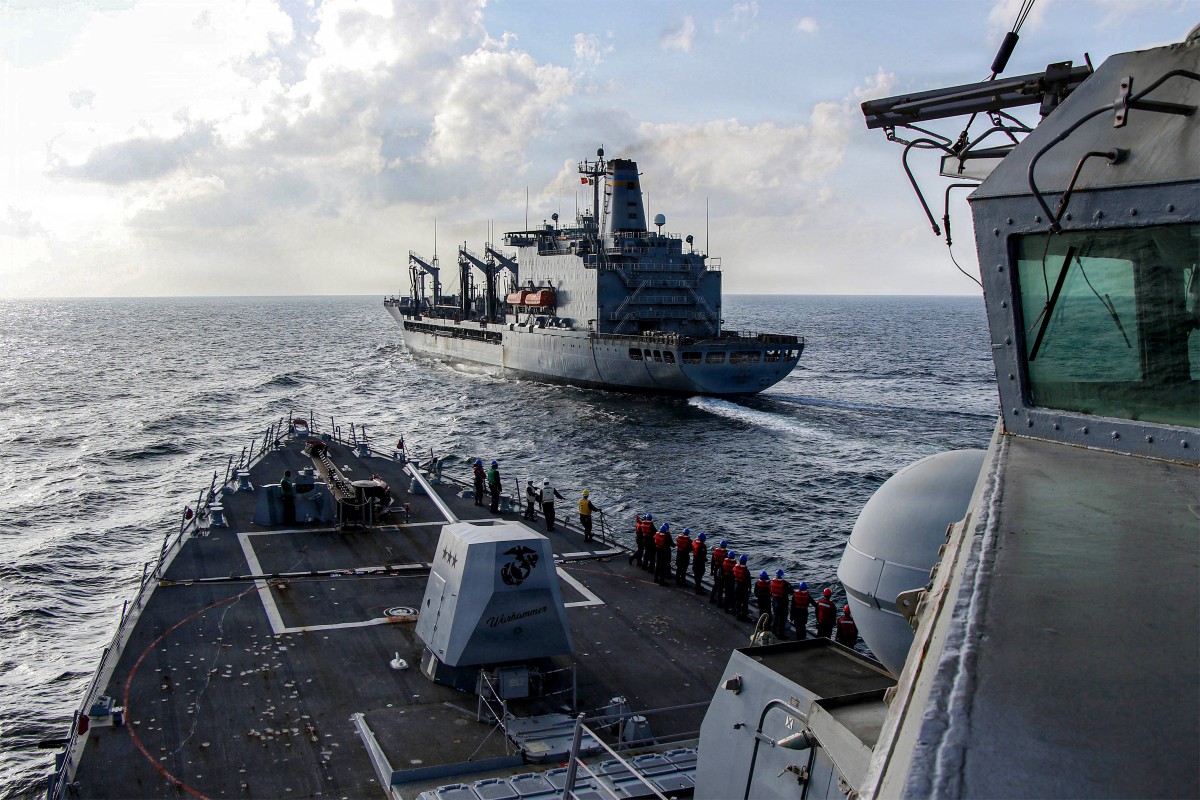ISLAMABAD: In the aftermath of the recent blast in New Delhi, human rights activists and civil society members warn that Kashmiris across India are encountering heightened scrutiny, police brutality, and social hostility, despite the absence of a completed investigation into the attack.
The blanket suspicion, they argue, represents a deepening cycle of profiling that long predates the explosion but has intensified sharply since.
John Dayal, a senior human rights advocate and long-time commentator on India’s minority rights landscape, said while speaking to Pakistan TV, that the repercussions have been immediate and unsettling.
He said the implications for the people in Kashmir were worrisome.
“Two things worry me. One is the moment such things happen. There is a spurt in Islamophobia in the country, which is already rampant,” Dayal noted.
“Young people, doctors, their families in the Valley—they get investigated, they get picked up by the police, some houses have been demolished. This has caused great worry, and it has been condemned by many like me in civil society.”
According to Dayal, the response to the blast has extended beyond the capital, affecting Kashmiri students and workers in multiple states.
Rights groups report evictions, police questioning, and growing reluctance among landlords and employers to engage with Kashmiri applicants. Activists say the measures amount to collective punishment, applied without clarity on whether any Kashmiri individual had a definitive link to the Delhi attack.
Zafar Qureshi, another prominent human rights advocate focused on Kashmir, described the pattern as familiar and politically charged. He argues that Kashmiris are routinely thrust into the centre of national security narratives, especially around election periods.
“Every time there’s an election, some sort of incident happens somewhere,” he said, alleging that incomplete information and premature speculation often shape public perception before facts emerge. He emphasised that the ongoing investigation into the blast has yet to offer conclusive findings.
“What we do hear from the media is that some Kashmiris were suspected. But who were the others? Nobody has mentioned them.”
Qureshi warned that this environment has given rise to new labels—such as “white-collar terrorists”—that stigmatise educated Kashmiri youth. “India’s mainland was the only space where they could go for education after passports were impounded and the media gagged. Now that space, too, is being taken away,” he said.
He added that while some Indians have questioned the narrative, hostility is increasingly diffused through communities themselves. “It’s seeping into the fabric of society,” he said. “Regular people are believing this narrative and acting on it.”



.jpg)
.jpg)